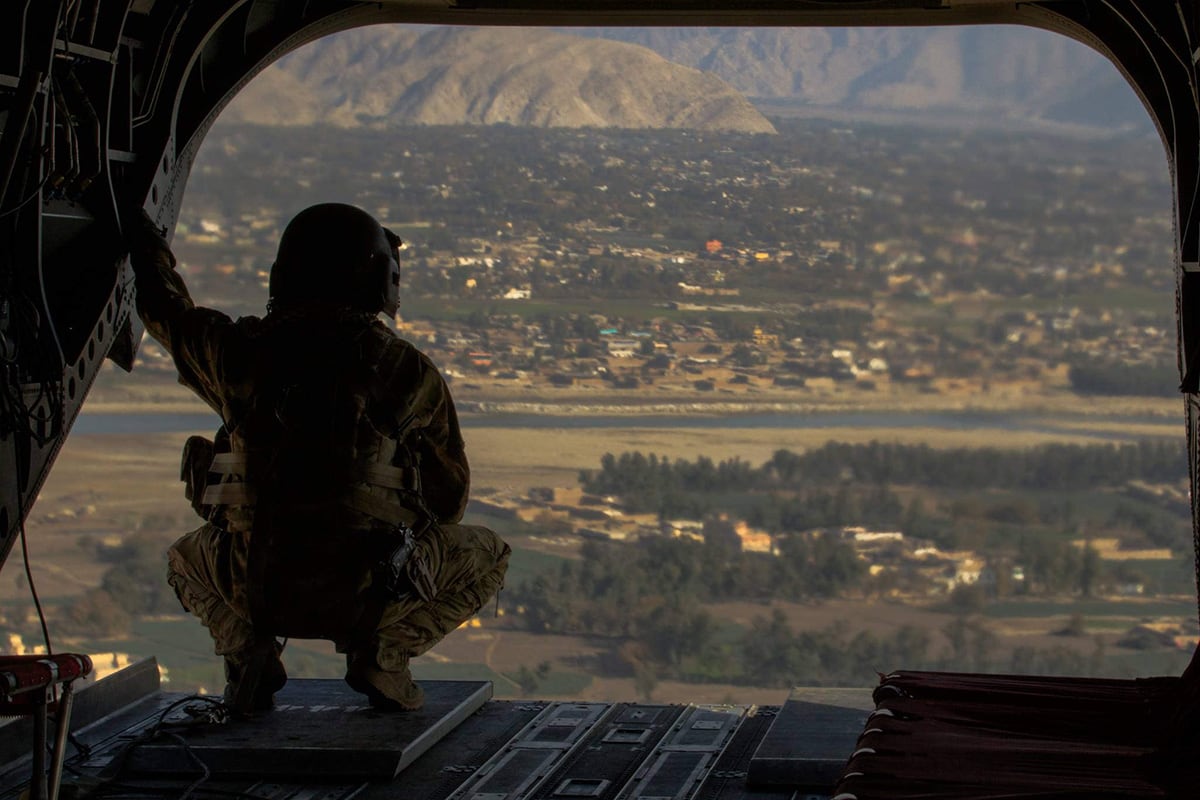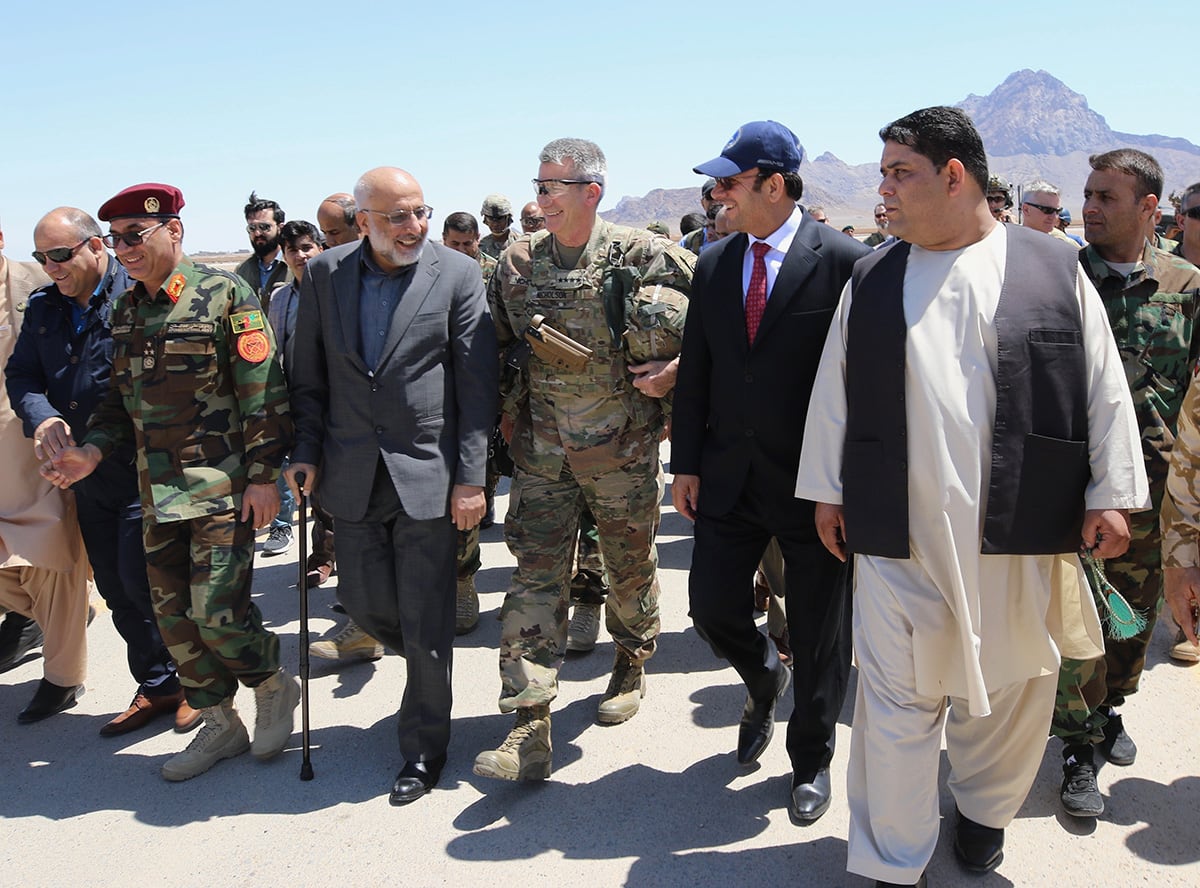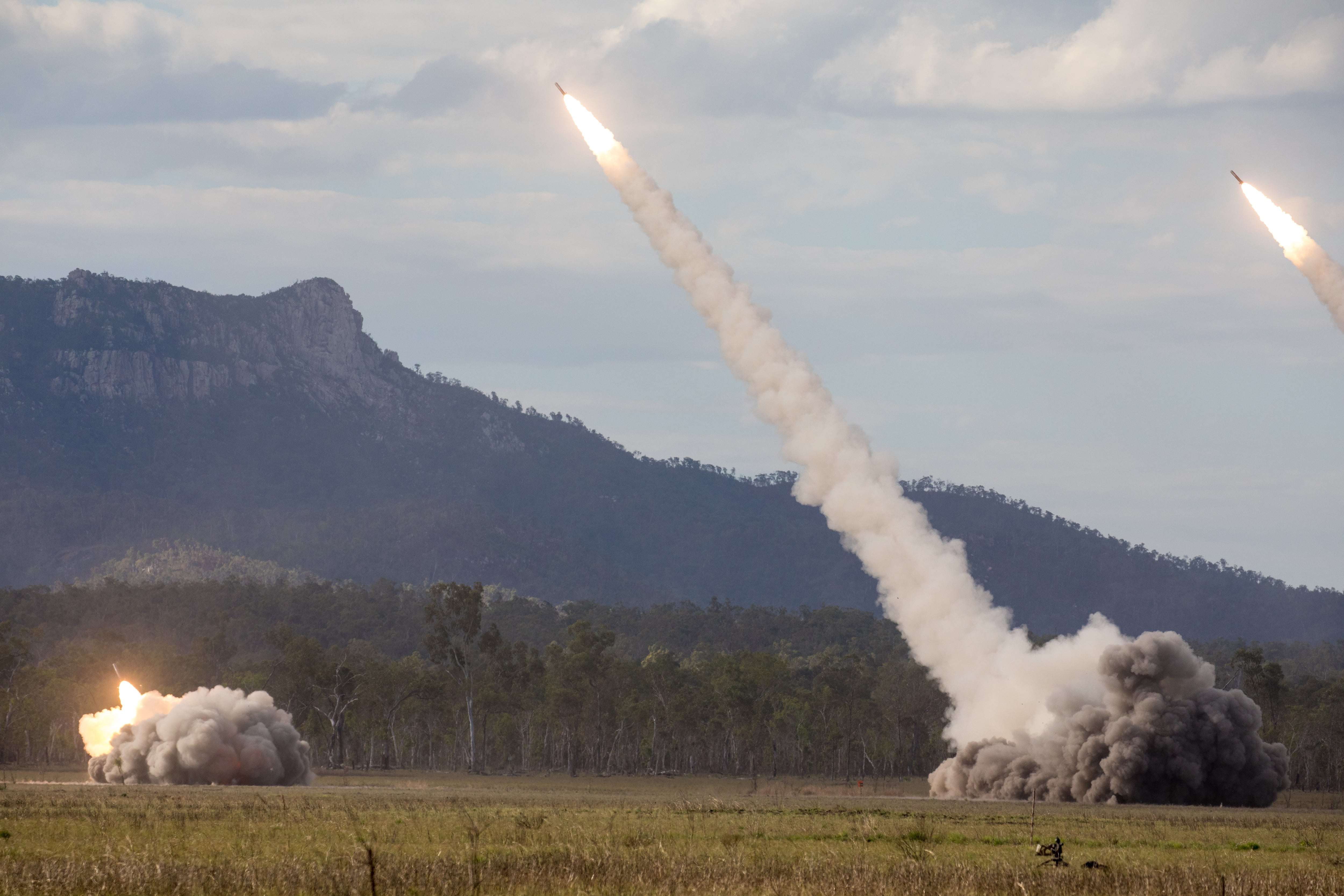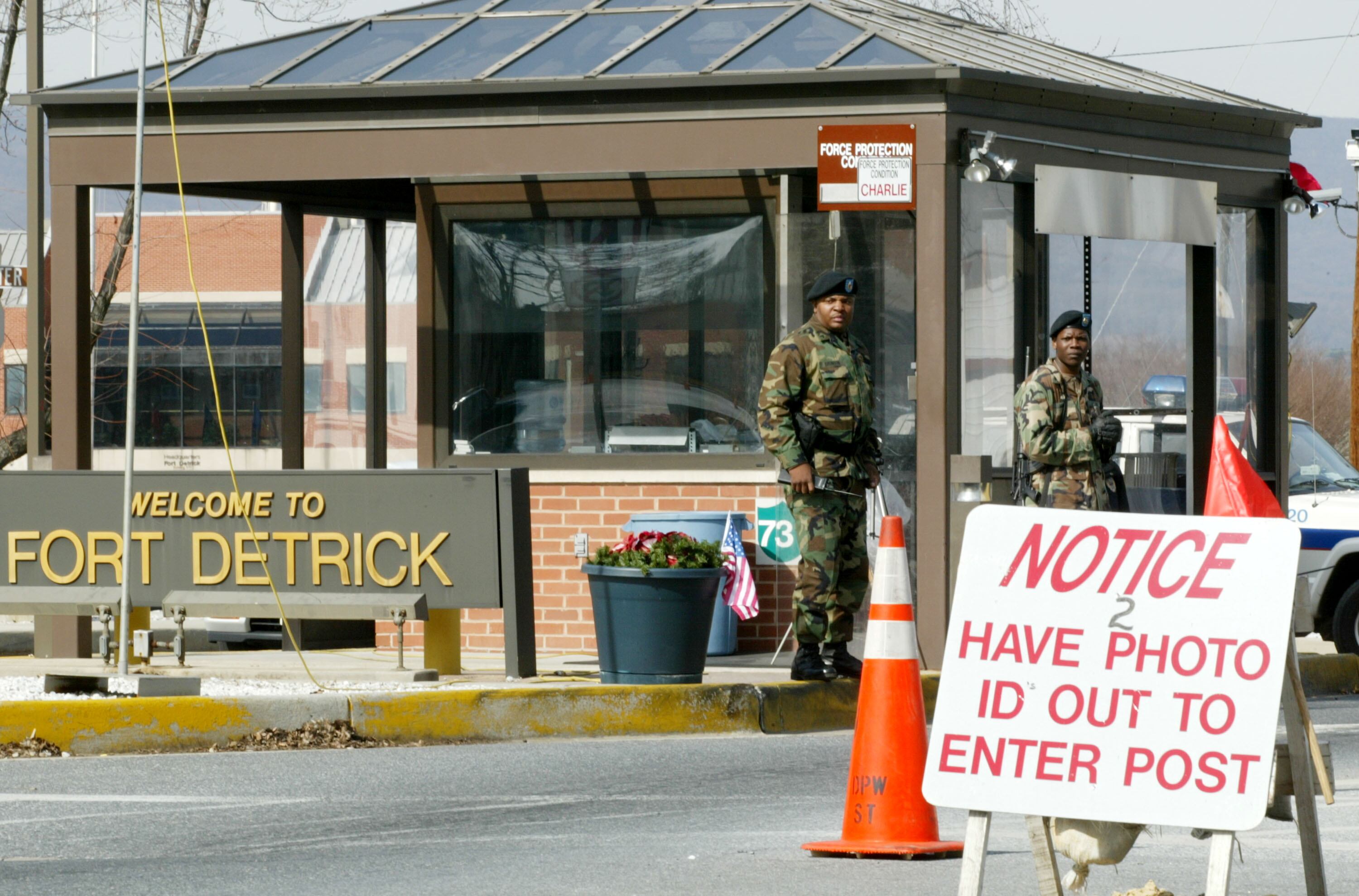The top commander of U.S. forces in Afghanistan said Thursday they would respect a week-long ceasefire with the Taliban in honor of Eid.
The holiday marks the end of Ramadan fasting and a ceasefire was called for by Afghanistan’s president Ashraf Ghani.
RELATED

“We will adhere to the wishes of Afghanistan for the country to enjoy a peaceful end to the Islamic holy month of Ramadan, and support the search for an end to the conflict,” said Gen. John Nicholson, U.S. Forces-Afghanistan and the NATO-led Resolute Support commander.
The holiday would run from about June 12 through June 19.
However, the ceasefire does not include U.S. counterterrorism operations in Afghanistan against the Islamic State or other terror groups, Nicholson said.
The U.S. decision came after Ghani said he would follow the decree of 3,000 Afghan religious scholars, the Ulema, calling for a cessation of hostilities between the Afghan government and the Taliban during the holiday.
The development seems welcomed by many Afghanistan policy experts.
Jarrett Blanc, former acting special representative for Afghanistan and Pakistan, wrote over Twitter that it is vital U.S. and NATO forces abide by the ceasefire, using the exception to strike other terror groups “as narrowly as possible, and ideally not at all.”
“I endorse this tweet by my former colleague,” Barnett Rubin, a leading expert on Afghanistan and South Asia at New York University, said in a message to Military Times.
“The U.S. cannot avoid direct negotiations with Taliban if it wants a political solution,” Rubin said. “This could be a way to back into them through a process led by the Afghan [government].”
Blanc explained over Twitter that the Afghan government has always insisted the Taliban negotiate directly with them. Meanwhile, the Taliban have always insisted that negotiations should first start between the Taliban and the United States — as it is international forces that do the most damage to Taliban fighters.
“Even if the U.S. rigorously adheres to this brief cease fire, the Taliban will still (reasonably) doubt Government of Afghanistan control,” Blanc wrote. “If the U.S. is cute about adherence, the Taliban will be entirely, maybe permanently convinced of the pointlessness of negotiating with Kabul.”
Regardless of where the peace process starts, it must include the United States in some way, according to Blanc.
“One point to remember: even if the Taliban and Kabul do start talking, the U.S. has security requirements that can only — only — be addressed in direct negotiations with the Taliban,” he wrote. “Our [counter-terrorism] demands in any peace process can not be outsourced to Kabul.”
Tara Copp is a Pentagon correspondent for the Associated Press. She was previously Pentagon bureau chief for Sightline Media Group.
Kyle Rempfer was an editor and reporter who has covered combat operations, criminal cases, foreign military assistance and training accidents. Before entering journalism, Kyle served in U.S. Air Force Special Tactics and deployed in 2014 to Paktika Province, Afghanistan, and Baghdad, Iraq.










